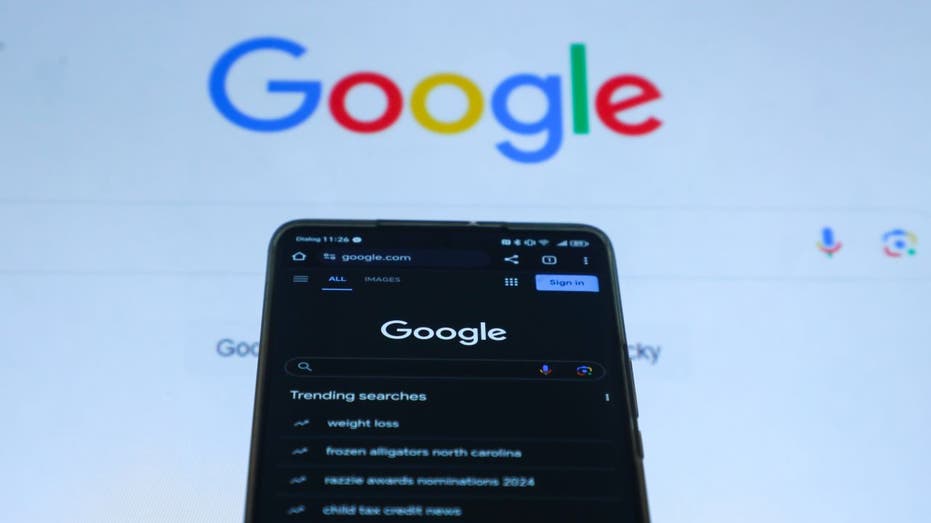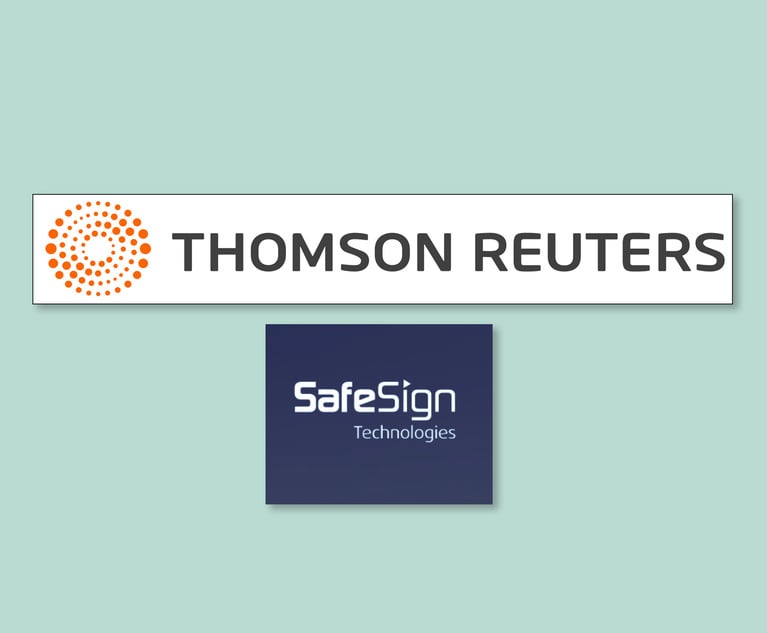Generative AI has made significant strides in various fields, promising to revolutionize how we handle complex tasks. It’s no wonder that clients, attorneys, and law firms are drawn to its fast, inexpensive, and clear output. The allure of using generative AI for drafting opening statements, closing arguments, direct and cross-examinations, creating graphics, and assisting with trial motions is strong. This allure and the marketing hype ignores a fundamental truth: Generative AI is not yet ready for the courtroom.
Diverse Audiences With Unique Needs
A jury trial is a multifaceted event, involving distinct audiences: the judge, the jury, client representatives, and witnesses. Each of these audiences have different needs and will require a tailored approach that will dynamically change throughout the trial.
- The Judge: Judges are concerned with the trial record, the potential for appeal, maintaining courtroom control, and efficient time use. They require clear, legally sound arguments. Understanding the judge’s experience and background is crucial. A seasoned judge may have a firm view of how a trial should proceed, while a newcomer might still be shaping their approach. Each judge’s unique viewpoint, philosophy, and rules play a significant role in the trial’s dynamics. Generative AI, however, lacks the nuance to adapt to these individualized needs effectively.
- The Jury: Comprising individuals from diverse backgrounds, jurors have no personal stake in the case outcome but are tasked with delivering a fair verdict. They must understand complex legal rules and concepts, making clear and relatable presentation of evidence crucial. Emotional appeals, compelling storytelling, and witness credibility are vital here—subtleties generative AI often misses.
- Client Representatives: These individuals, whether in-house legal counsel focused on costs and expectations or high-ranking corporate officers viewing the trial as an extended negotiation, have different goals and concerns. Their anxiety over trial outcomes is heightened by their limited control over courtroom proceedings. Generative AI cannot provide the reassurance and strategic updates these clients need.
- Witnesses: Witnesses, who range from nervous laypeople to compensated experts, are critical to the case. Their testimony needs to be clear, concise, and compelling. Preparing and managing witnesses requires a human touch. Many factors outside the courtroom and concerns about the future can have significant impact on the emotions, preparation and cooperation of witnesses. Generative AI lacks the information and capabilities to address these outside factors and concerns.








